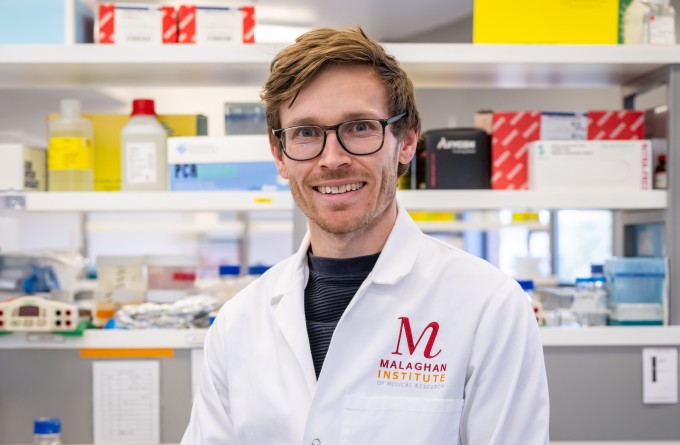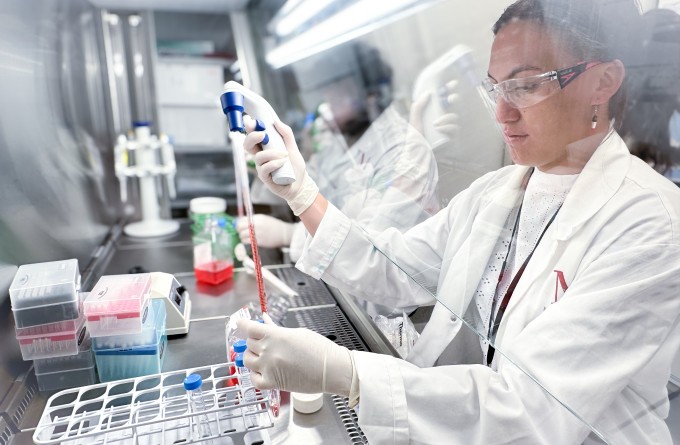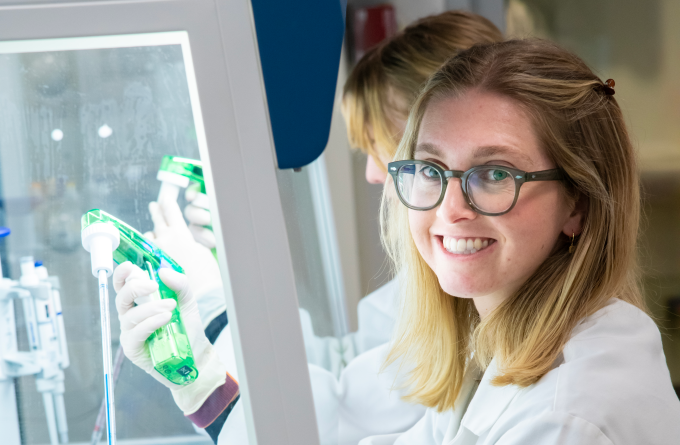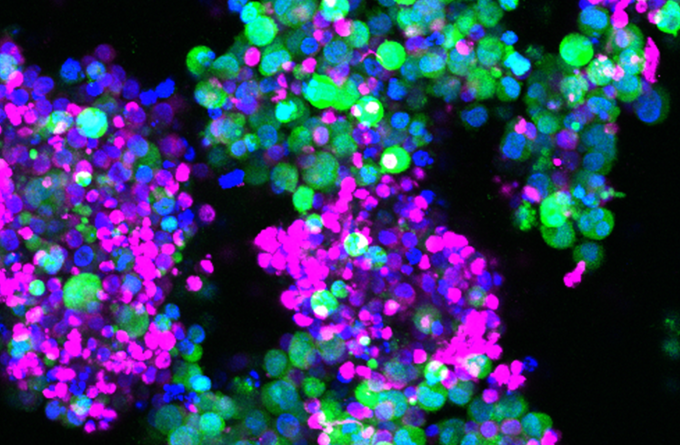20 October 2020
A recurring issue with many cancer immunotherapies is the difficulty of delivering the cancer-killing drug to the heart of a tumour.

Dr Regan Fu
The internal environment of a tumour can be very different from the rest of the body, which helps the tumour resist treatment. For example, many tumours are ‘hypoxic,’ or oxygen-poor. A lack of oxygen makes it hard for immune cells and cancer drugs to infiltrate a tumour, and on occasion even suppresses the immune response to the cancer entirely.
Dr Regan Fu, who recently completed his doctoral thesis with Professor Ian Hermans, is assessing immunotherapies in combination with the hypoxia-activated drug tarloxotinib. Through adding a hypoxic trigger that activates in the oxygen-poor intratumoral environments, higher doses of anti-cancer drugs can be delivered.
“Not everyone responds to immunotherapies like checkpoint inhibitors,” says Dr Fu. “Many factors can prevent the generation of robust responses to these treatments. One of the factors is within the tumour microenvironment such as tumour hypoxia. In the hypoxic regions of the tumour, the function of most immune cells are suppressed, therefore preventing the treatment from working.
“By using a hypoxia-actived prodrug, the anti-cancer agent is delivered directly to the hypoxic zones of a solid tumour, where it then becomes active.”
The added benefit of hypoxia-activated drugs is that they are much more tumour-specific, resulting in less damage to healthy tissues surrounding the tumour. Future work is planned to better understand how tarloxotinib interacts with the immune system, with the aim of moving towards clinical trials.
Related articles

Tracking the journey of the shapeshifting bacteria behind stomach cancer
19 November 2025

Marsden funding to drive discovery and innovation in cancer, allergy and infectious disease research
5 November 2025

Eradicating H. Pylori bacterial infection to reduce stomach cancer
30 October 2025

Developing next generation CAR T-cell therapies for more equitable cancer care
30 October 2025

Making local impact using global training in liver cancer research
30 October 2025

Faster CARs: overcoming cellular exhaustion to enhance cancer immunotherapies
29 October 2025
